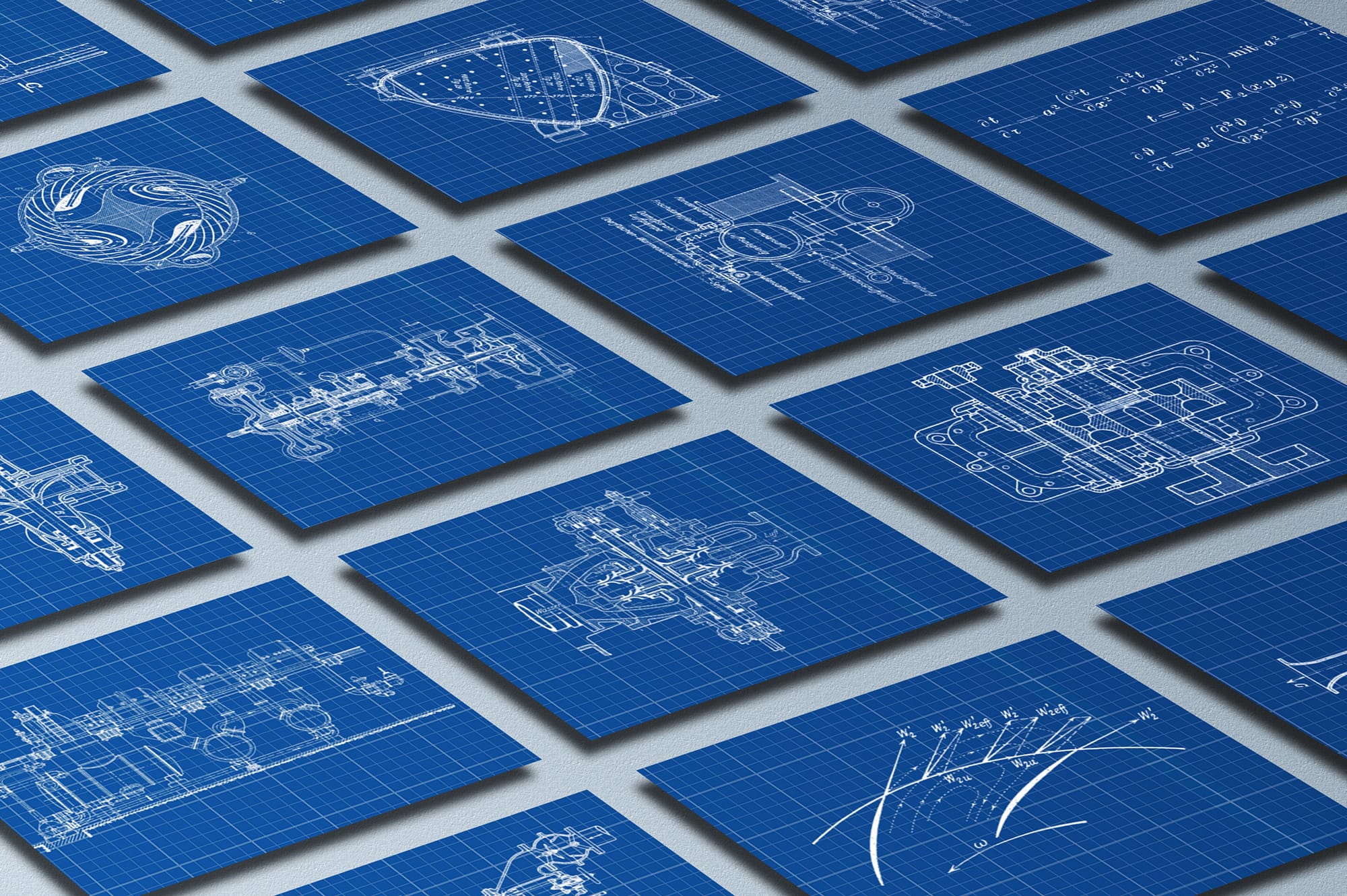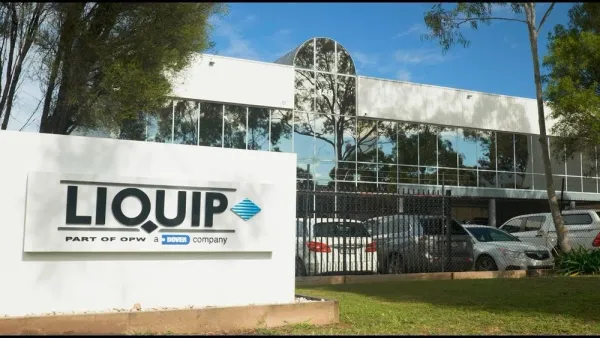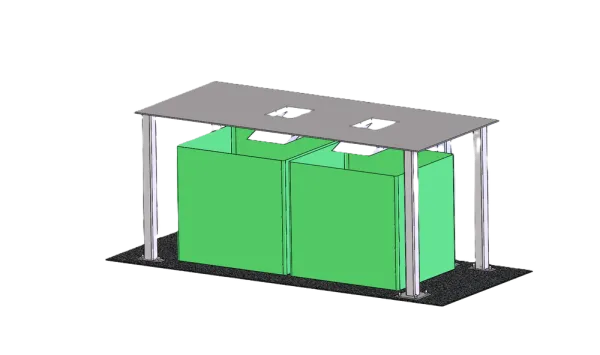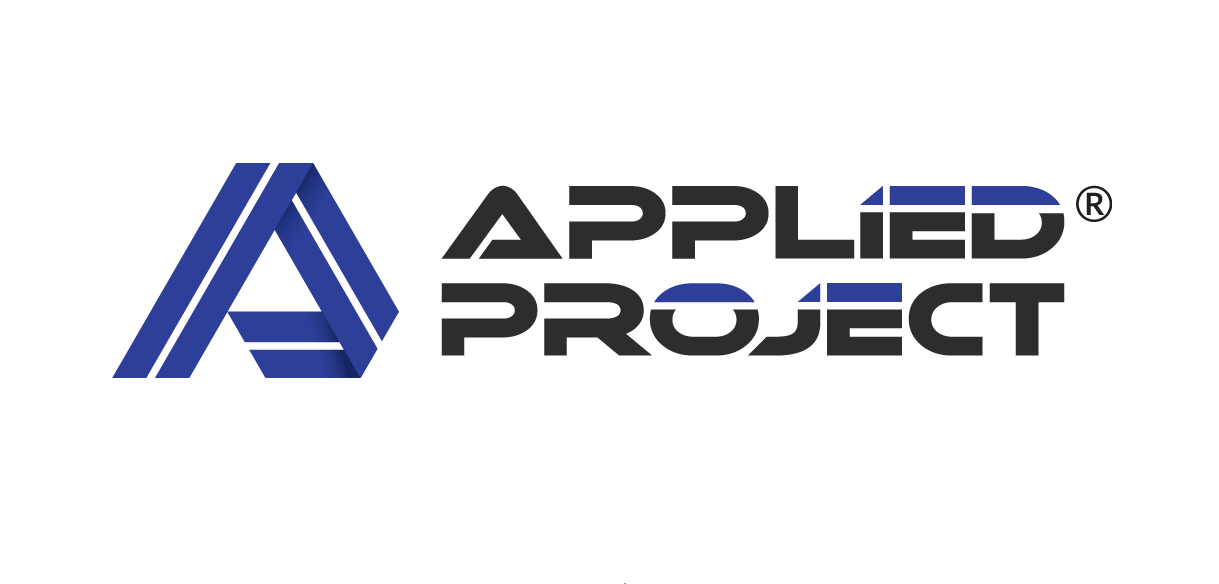
Innovative Solutions for Unique Tooling
At KEVOS®, we specialise in delivering advanced engineering and automation solutions that help businesses strengthen their capabilities and operate with greater efficiency. Our recent collaboration with Unique Tooling Pty Ltd, a respected leader in precision manufacturing, highlights the value of technical expertise, fast problem-solving, and trusted partnership. Through two major
















